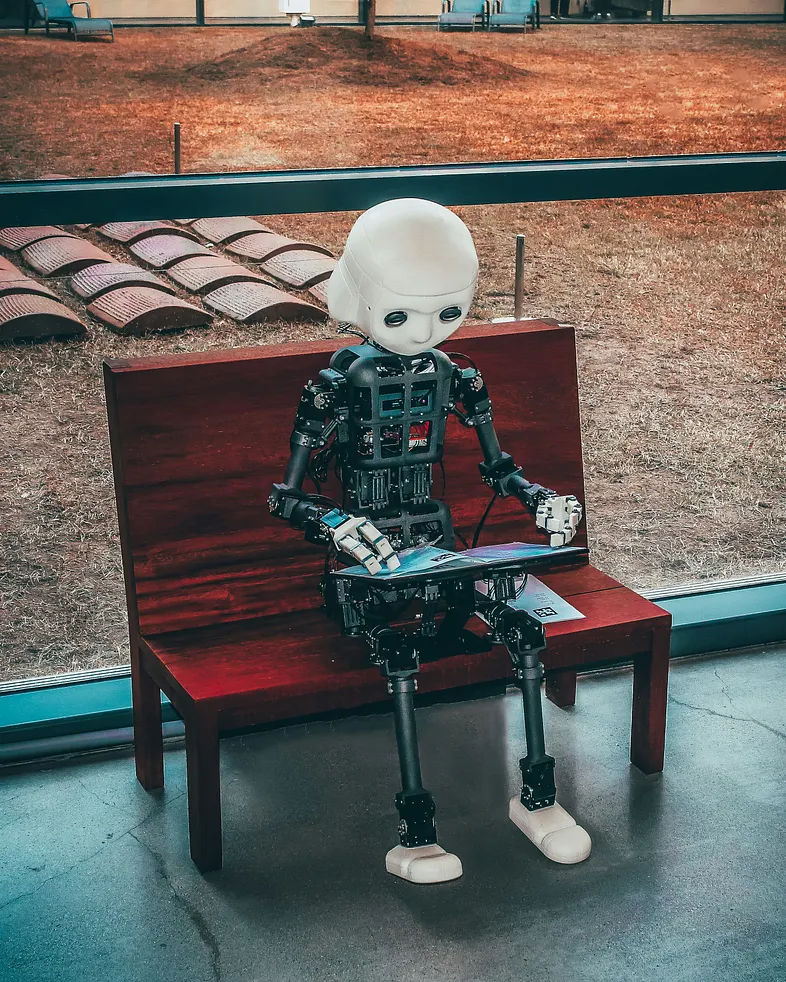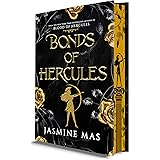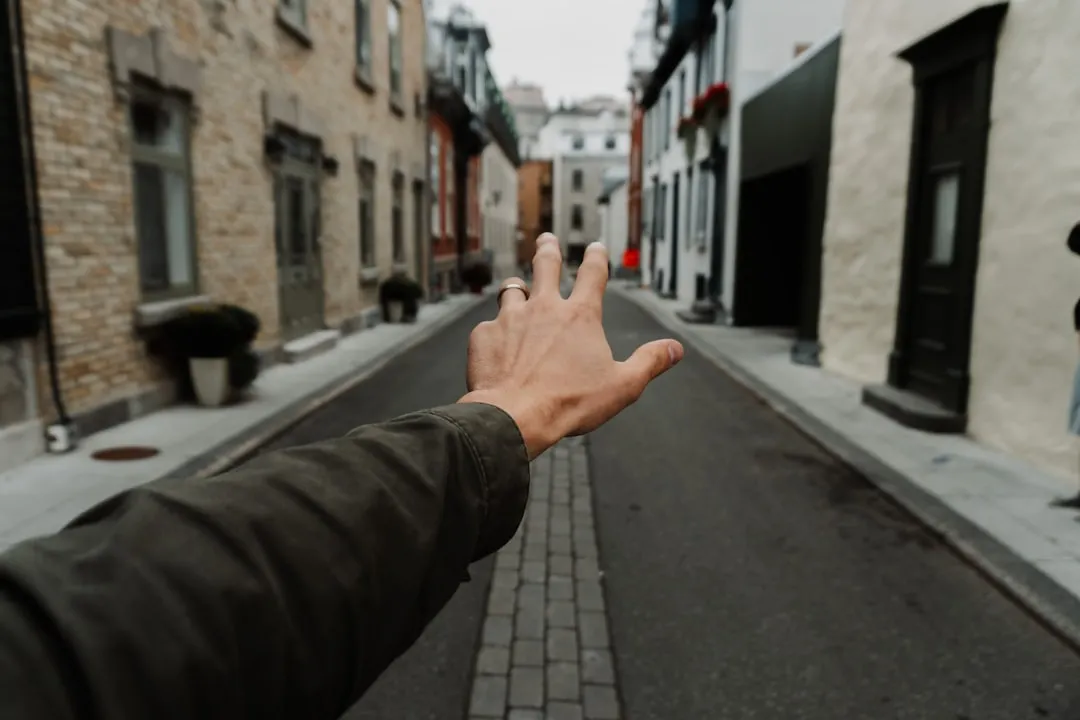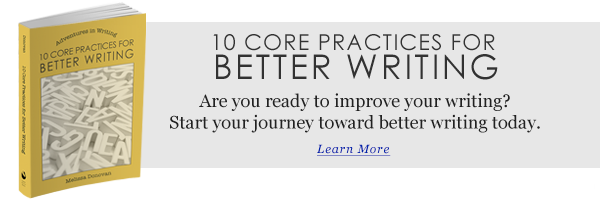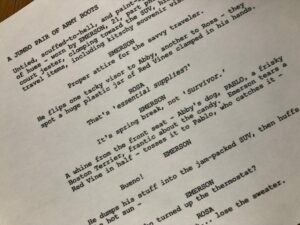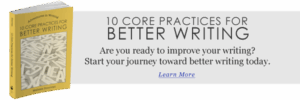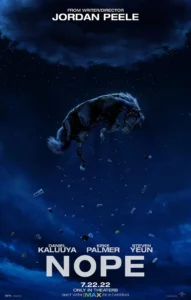The Shocking Truth About AI and Book Publishing That No One Dares to Admit
AI lovers don’t really care or value any form of human art.
It’s no secret that generative AI uses content from other artists to create its own content based on them. Basically, how it works is, you give it a set of documents (it could be images, texts, voice, videos), and through learning, the machine is able to replicate the same (or similar) content in a matter of seconds.
Since AI generates new content from multiple inputs, it cannot be considered plagiarism. Despite stealing other people’s images and using them for learning purposes, no artist can defend themselves because their original image wasn’t used for marketing; it’s a new one.
So, in the end, the use of AI is completely “legal.” And many content creators have relied on that legal loophole to use in their creative process.
However, if you use AI without understanding what it actually does behind the scenes to generate that content, then you don’t deserve any kind of success. Here’s why.
You don’t care about or value any form of human art.
When you use AI to create content for your book, you’re making a statement about what you believe art is worth. You’re basically saying that the years artists spend learning and developing their portfolio, and the creativity involved in developing their own style, have no value beyond being training data for a machine.
All AI-generated image is built on thousands of stolen artworks from artists who never consented to their work being used this way. When you use these tools, you’re benefiting from theft while pretending it’s innovation.
Every time someone uses AI to write a book or create cover art, they’re sending the message that human creativity is replaceable and unnecessary.
So why would anyone care about your art if you don’t care about other people’s art?
It’s practically the same as being in favor of piracy while hoping your book will sell. It’s hypocritical.
But beyond the legal and ethical issues, you’re treating creativity like a commodity that can be mass-produced rather than recognizing it as a human expression.
If everyone starts using AI for their creative work, what happens to the value of books altogether? Why would readers pay for AI-generated content when they could just prompt the AI themselves?
By using AI, you’re contributing to the destruction of the market you’re trying to enter, because it’s getting better with all the input from people like you.
The publishing industry has survived for centuries because people value human stories, human perspectives, and human creativity. Authors like Toni Morrison, Gabriel García Márquez, and Jane Austen didn’t succeed because they could produce content quickly. They succeeded because their unique human experiences and perspectives created something that resonated with other humans.
When you use AI to create your book, you’re saying that none of that matters. You’re arguing that books are just content to be consumed rather than art to be experienced.
You’re treating your readers like they don’t deserve authentic work.
When you publish a book created with AI, you’re telling your readers that they’re not worth the effort of creating something genuine. You’re saying that their time, money, and emotional investment in your work deserves nothing more than machine-generated content that you didn’t even create yourself.
Readers invest in books because they want to connect with human experiences, emotions, and perspectives. They’re paying for your unique voice, your personal insights, and your creative vision. When you give them AI-generated content instead, you’re committing fraud on an emotional level, even if it’s technically legal.
Think about why people read memoirs, fiction, or even non-fiction books. They want to learn from someone else’s journey, to see the world through different eyes, to feel less alone in their own experiences. AI can’t offer any of that because it lacks experiences, emotions, and a genuine perspective to share.
Every time I discover something is generated by AI, I feel betrayed. It’s like my time was wasted because the person who generated it doesn’t really care about the impact it will have on me.
Your readers are giving you their most precious resource: their attention. They’re choosing to spend hours of their limited time with your work instead of with family, friends, or other activities. They’re trusting you to make that time worthwhile. When you use AI to create your content, you’re betraying that trust and wasting their investment.
If you don’t think your readers deserve authentic human creativity, then you shouldn’t be writing for them at all.
You’re also destroying the planet for personal convenience.
AI systems consume massive amounts of energy and water to operate. Training a single large language model can use as much electricity as hundreds of homes consume in an entire year.
The data centers that power AI require a lot of electricity, most of which still comes from fossil fuels. They also need constant cooling, which requires millions of gallons of water. ChatGPT alone is estimated to consume over 500,000 kilowatt-hours of electricity daily.
That’s enough to power thousands of homes.
So, when you use AI to generate an image, text, or video, you’re contributing to carbon emissions that are accelerating climate change.
The environmental impact of AI is growing exponentially as more people adopt these tools. Companies are building new data centers constantly to meet demand, each one requiring massive infrastructure and ongoing energy consumption.
Your individual use might seem small, but multiplied across millions of users, it represents a significant contribution to global emissions.
Meanwhile, the human alternative requires no electricity beyond what the artist or writer already uses in their daily life. A human illustrator drawing your book cover uses the same amount of energy whether they’re drawing for you or drawing for themselves. A human writer crafting a story doesn’t require server farms running 24/7 to process their thoughts.
So, by using AI, you’re trading the planet’s resources for your personal convenience, and you’re doing it to avoid paying human creators or developing your own skills. You’re saying that burning fossil fuels to run AI systems is preferable to supporting human artists or putting in effort yourself.
“But I don’t have money to pay real artists, what should I do?”
One of the main reasons people use AI for creating their book is that they can’t afford to pay real people to help them. But this is an absurd excuse when there are multiple free resources and cheap freelancers willing to help you.
I, for example, had no money for an editor, so I used my family to see grammar mistakes and published it as it was. I also didn’t have the money for a professional artist, so I looked for freelancers outside my country who had a price that I considered reasonable for my budget. And that month, I stopped going out to brunch with my friends to use that money for a real cover.
People valued an original idea badly written more than a perfect AI-generated one.
There are countless ways to create authentic content without AI and without breaking your budget. You can learn to design your own book cover using free software like Canva or GIMP. You can find beta readers in writing communities who will review your work for free in exchange for you doing the same for them. You can hire freelance editors from developing countries who charge a fraction of what established professionals cost.
Student artists and writers are often looking for portfolio pieces and will work for much less than established professionals. Writing groups and online communities regularly offer free feedback and editing services. Libraries often have free design software and sometimes even classes on book creation.
If you truly can’t afford professional help, then do the work yourself. Learn the skills. Practice. Get better. Put in the time and effort that your book deserves. What you can’t do is use someone else’s stolen work (which is what AI represents) as a substitute for either paying people or developing skills.
The “I can’t afford it” excuse is really just another way of saying “I don’t want to put in the effort.” You want the results of professional work without paying for professional work or developing professional skills. You want to publish a book without doing the work that publishing a book requires.
If you can’t afford to create a book properly and you’re not willing to learn how to do it yourself, then maybe you’re not ready to publish a book yet. There’s no shame in waiting until you have the resources or skills necessary to create something authentic.
When you choose AI over human creativity, you’re saying that art has no value beyond its utility. You’re declaring that the years artists spend developing their craft, the unique perspectives writers bring to their work, and the human experiences that make stories meaningful are all replaceable by algorithms.
You’re also contributing to real harm. Environmental destruction from massive energy consumption. Economic harm to artists and writers who are losing work to machines trained on their stolen creations. Cultural harm as authentic human voices get drowned out by generic, machine-generated content.
The publishing industry exists because human stories matter. It thrives when people share authentic experiences, unique perspectives, and genuine creativity.
When you flood that market with AI-generated content, you’re ruining what makes it good.
If you’re not willing to do the work that creating a book requires, if you’re not willing to develop the skills or invest in human collaborators, if you’re not willing to create something authentically human, then you don’t belong in publishing.
Don’t miss any of my articles; subscribe to my email list.
